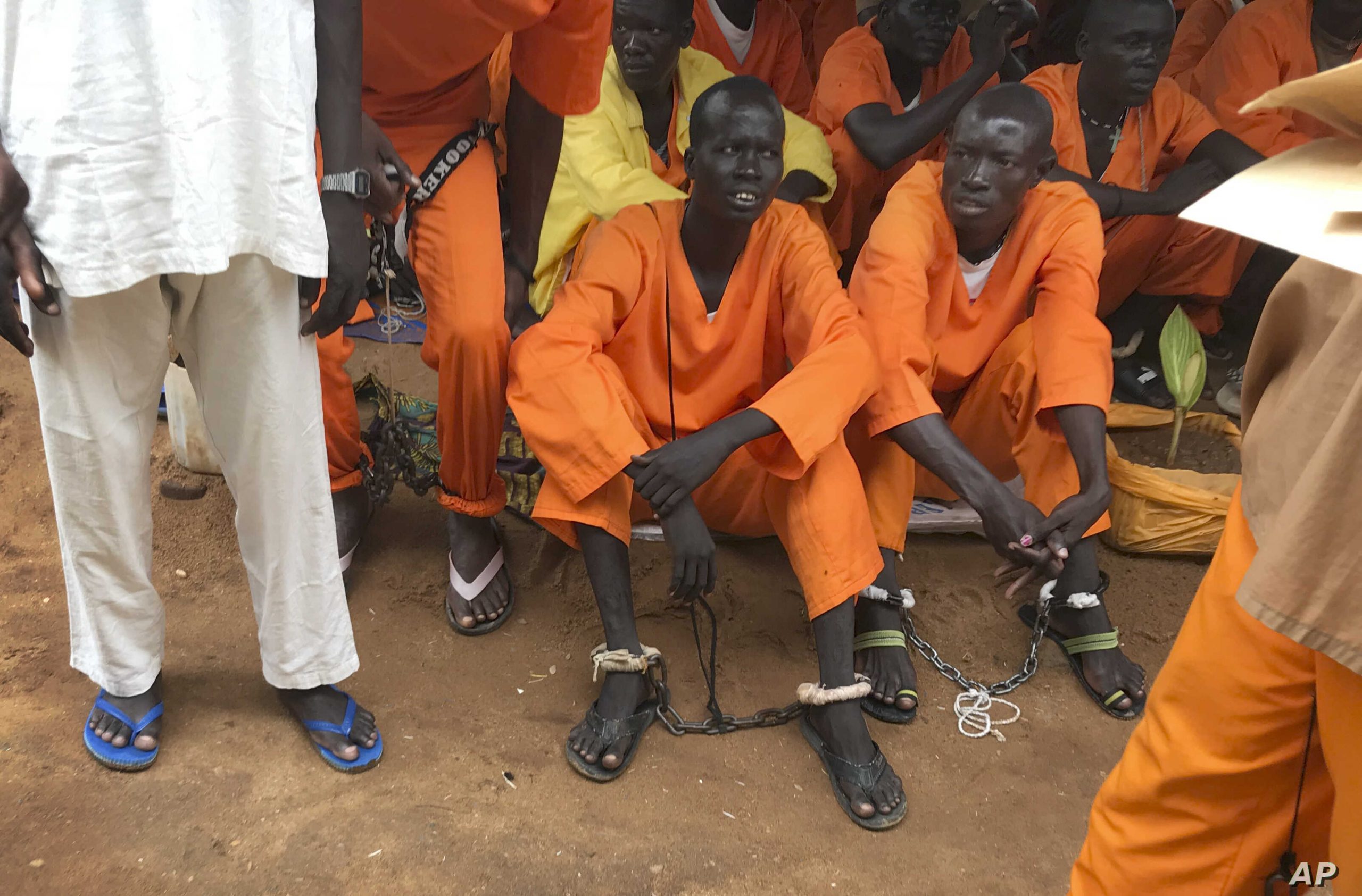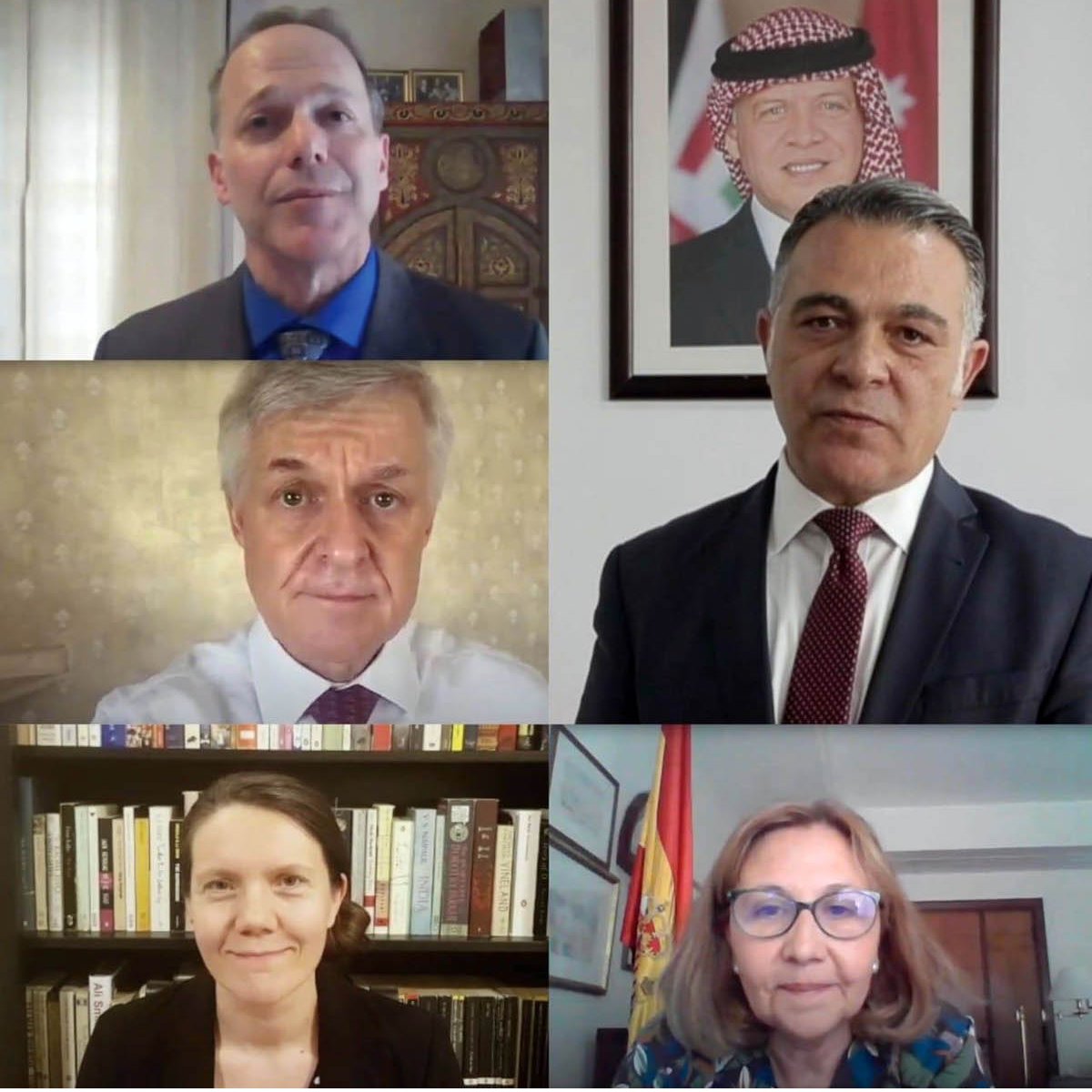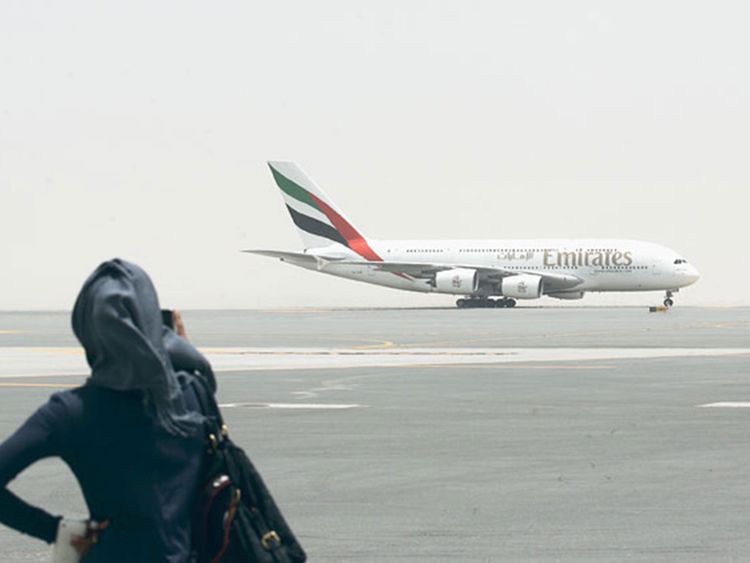June 26 marks the UN’s International Day Against Drug Abuse and Illicit Trafficking, when governments around the world applaud their own efforts to clampdown on drug trafficking. But advocates for the victims of the war on drugs urge for a better understanding of the colonial and racist motivations behind the “war on drugs” and its continued effects on poor and vulnerable people.
The United Nations Office on Drugs and Crime (UNODC) publishes an annual report that spotlights the ever-changing nature of global drug markets. The report highlights changing trade routes, increases in the use of synthetic drugs and reports on government seizures. But the glaringly obvious fact that emerges from the report is that the international drug war is failing spectacularly.
Pyrrhic victory
Even in the most repressive regimes, drugs like cannabis, cocaine, or methamphetamine continue to be widely available, while higher incarceration rates and increasing punitive measures seemingly do nothing to stop their availability. According to experts, the clear failure to stop the use of drugs is not because of failed government approaches, but because of the insincere nature of the war on drugs itself.
According to Ann Fordham, executive director of the International Drug Policy Consortium (IDPC), the war on drugs has produced “a trail of destruction and human suffering of unimaginable proportions.” While organizations like IDPC recognize that drug abuse and unsafe drug consumption practice can be harmful, they consider the war on drugs to be empirically far more dangerous.
Fordham refers to a UN panel of experts on people of African descent who in March 2019 concluded that the war on drugs has operated as “a system of racial control” instead of combating the use and trafficking of narcotics. Advocates for a more humane approach to stopping victims of drug abuse and drug enforcement increasingly emphasize the racist origins of the war on drugs itself.
Racist origins
The trade in substances like opium, coca and cannabis has occurred since antiquity and the use of these substances were often weaved into local cultural and religious practices. To this day religions like Rastafarianism, Sufi Islam, and Hinduism see cannabis as a sacred plant, while its medical uses were known in the time of famous Islamic scientist Ibn Sina (Avicenna), who included the plant in his “Canon of Medicine,” used as the preeminent medical text until the 19th century.
Western colonial empires treated cannabis, coca, and opium as valuable commodities for international trade, but with the downfall of Europe’s empires and the emergence of US hegemony attitudes changed.
In an effort to halt the lucrative European trade in these substances and increase its global trade power, the US pushed for a global drug control mentality that it used to oppress its own minority populations of Mexican immigrants and the descendants of African slaves.
Post-colonial consensus
The US used the disintegration of European colonial empires to pressure newly decolonized nations into subscribing to drug control efforts that saw them forced to eradicate crops that had grown in their native lands for centuries. Twentieth century drug conventions were places where white males decided on the prohibition of substances primarily popular among brown and black people.
The emergence of the current war on drugs occurred under US President Richard Nixon, who saw drug control measures as a way to arrest black Americans for Heroin use and ‘hippy’ activists for cannabis use.
“We knew we couldn’t make it illegal to be either against the war or black,” a Nixon advisor later said, “but by getting the public to associate the hippies with marijuana and blacks with heroin, and then criminalizing both heavily, we could disrupt those communities.”
Moment for change
The growing breadth of evidence of the insincere and oppressive origins of the war on drugs has led to increasing public pressure to stop the war that has taken countless victims and won few victories. Regimes like those in the Philippines have highlighted the dehumanizing aspects of drug enforcement and the ease with which these policies are rife for abuse by the powerful.
The increasingly legal cannabis market, set to be worth $166 billion in 2025, is providing a new incentive for change. Governments around the world are eyeing the significant tax revenues that could be realized by stopping the prosecution of cannabis. In the Middle East, Lebanon and Israel have so far legalized the substance, with more likely to follow.
The war on drugs has evolved from what was considered to be a necessary evil to stop the harms associated with drug abuse. The “conflict” has instead resulted in millions of non-violent people imprisoned, higher risks of unsafe drug consumption and a continued availability of drugs around the world. By reevaluating the dark origins of the war on drugs, organizations like IDPC hope to change perspectives and produce a safer and less oppressive future.





